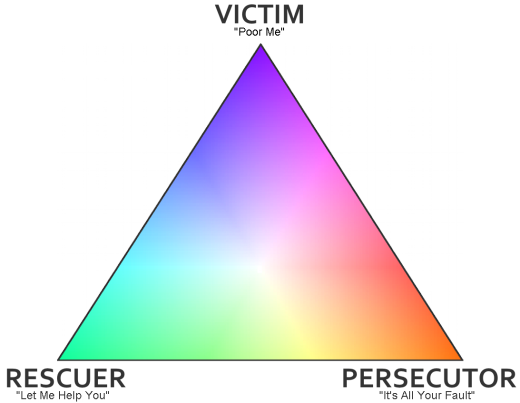Have you been told by a therapist that you’re codependent but don’t really know what that means. Codependency is when you have such a need to feel needed that you actually benefit from a partner’s alcoholism, or mental illness. See if you can see yourself in this codependent checklist. Tending to the needs of someone else and looking after them satisfies a great unconscious need to be needed. You’ll probably deny this because all you’re wanting to do is to help them get better. But actually being codependent often means treating the other person as a child who is not quite capable of looking after themselves or making their own decisions.
Faulty Thinking
Ultimately the thinking patterns of the codependent partner is an additional problem in the relationship. This can actually maintain the alcoholism or depression of the partner. See if this checklist describes you.
CHECKLIST
- Solving my partner’s problems or relieving their pain is the most important thing in my life – no matter what the emotional cost to me.
- My good feelings depend on approval from my partner.
- I protect my partner from the consequences of their behavior, lie for them, cover up for them and never let others say anything bad about them.
- I try hard to get my partner to do things my way.
- I don’t pay attention to how I feel or what I want. I only care about how my partner feels and what they want.
- I will do anything to avoid getting rejected by my partner.
- I will do anything to avoid making my partner mad at me.
- I will experience much more passion in a relationship that is stormy and full of drama.
- I am a perfectionist and I blame myself for anything that goes wrong.
- I feel angry, unappreciated and used a great deal of the time.
- I pretend that everything is fine when it isn’t.
- The struggle to get my partner to love me dominates my life.
Did you recognize yourself in these 12 pointers? If so, it’s probably a good idea to get some counseling to try and change the way you’re handling the situation. It’s vital to learn to change your thinking and your beliefs about helping. Only then will you be able to move onto a normal, equal relationship.
